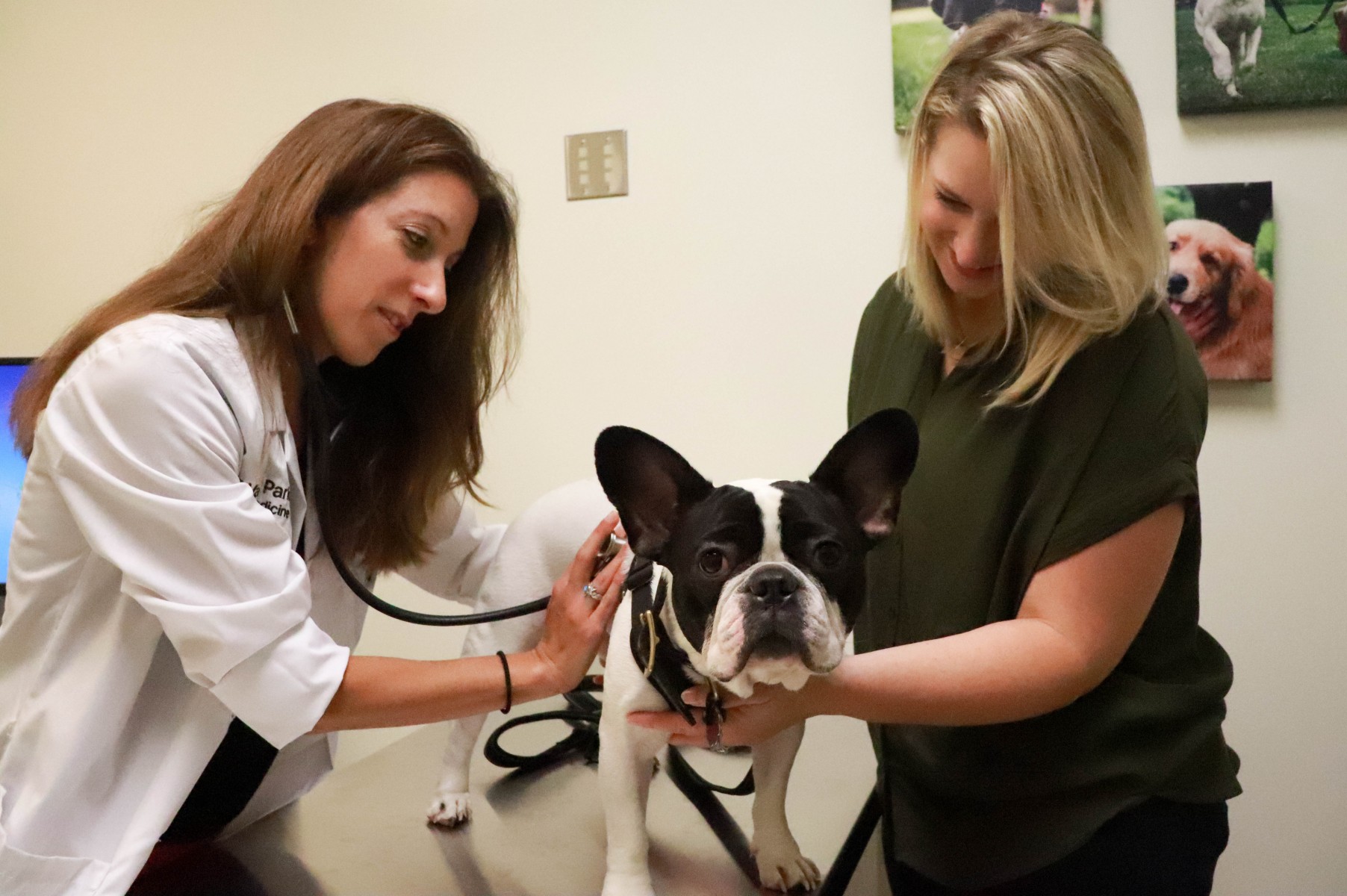Should my cat be vegan? Why alternative diet trends can be dangerous for your pet

|
Allison Burk Ohio State News contributor |
Millions of people embrace new diet and nutrition trends every day, but experts from The Ohio State University College of Veterinary Medicine urge people not to assume what works for them will also work for their pets.
“People just want to do what’s best for their pets, but when they apply human diets to their animals, it doesn’t always work out well,” said Dr. Valerie Parker, board certified veterinary nutritionist at Ohio State College of Veterinary Medicine. “There’s tons of information out there about alternative diets, but it’s not all based on scientific information. Animals have vastly different nutritional needs than humans and adopting an alternative diet can result in severe implications for your pet.”
According to The World Small Animal Veterinary Association, what you read online should enhance what your veterinarian recommends, not replace it. A veterinary nutritionist can work with patients to determine the best diet for their pet, taking into account the animal’s breed, body weight, body composition (including body condition and muscle condition scores) and medical conditions.
Parker lists some of the common diet trends pet owners try, and why it’s best to reject the hype:
Grain-free Diets
With the rising popularity of grain-free and low-carbohydrate diets for humans, one of the most popular dietary concerns Parker hears from pet owners is grain intolerance. “This is a common misconception. Food allergies, especially to grains, are rarely a problem with pets,” Parker said.
A recent investigation by the U.S Food and Drug Administration (FDA) examined the link between grain-free diets and a common type of canine heart disease, dilated cardiomyopathy (DCM). A rise in cases of DCM occurring in breeds not typically prone to it led investigators to discover that these dogs were consuming pet foods containing peas, lentils, other legumes or potatoes as the main ingredients.
Vegetarian or Vegan Diets
Another common trend among pet owners, especially for those who are meat-free themselves, is to feed their pets a vegetarian or vegan diet. According to Parker, most animals should have some meat in their diets because meat is an essential source of amino acids, vitamins and minerals.
Raw Diets and Homemade Food
Diet trends modeled after prehistoric human eating habits may have pet owners believing their pets should switch to a raw diet. Parker warns that many raw diets are not only nutritionally inadequate, but they can also put animals and their owners at risk for infectious diseases.
“Most homemade pet food recipes just don’t contain the nutrients your pet needs and can cause severe health issues,” Parker said. “An example of a worst-case scenario would be significant bone deformities in young animals that could lead to fractures and ultimately paralysis.”
It’s easy for pet owners to jump to conclusions about what to feed their pets. Parker urges pet owners to make these decisions alongside a veterinarian based on the pet’s specific health needs.
“There are a lot of things pet owners can do to keep their pets happy and healthy, and it’s not all related to food,” Parker said. “Consulting your veterinarian is the best way to ensure your pet is eating a healthy, balanced diet.”


